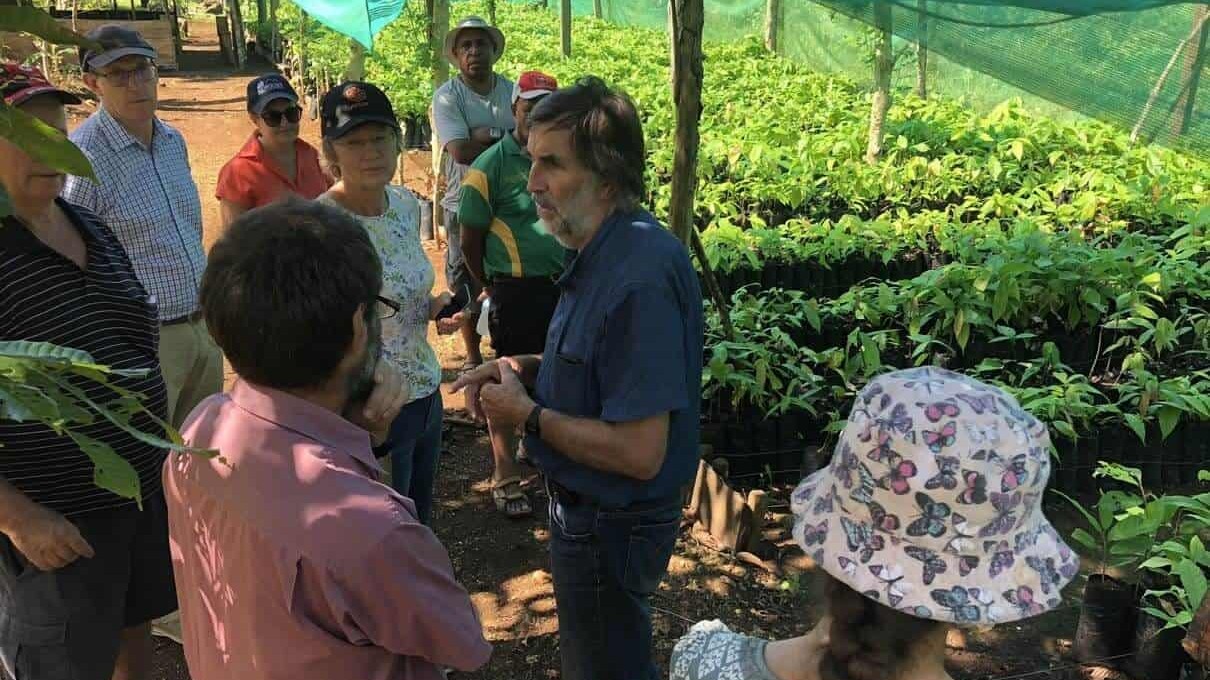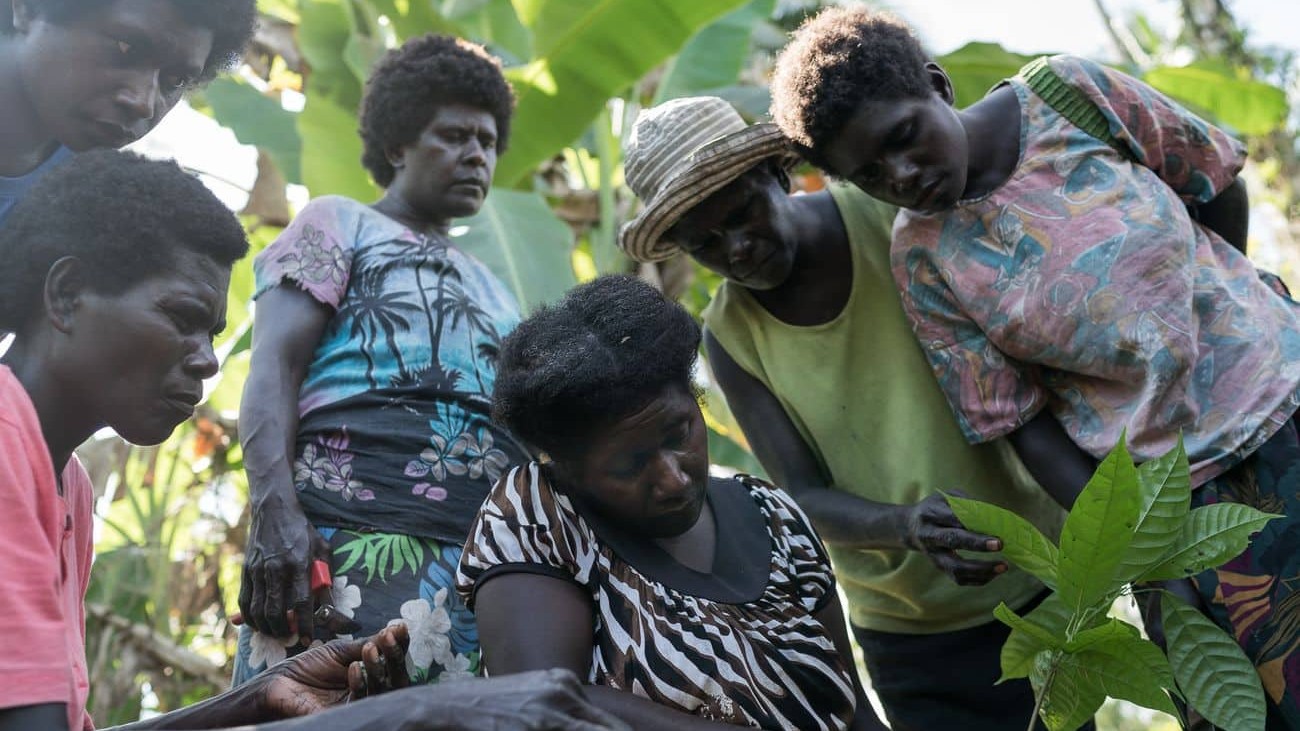The goal of TADEP was to improve the livelihoods of rural men and women in PNG. This lofty goal and many of the societal, environmental, business and humanitarian challenges faced by PNG are so complex and interconnected that they can only betackled by different sectors working together. Tostimulate innovation, ensure sustainability and createmaximum value for all, project teams, partner organisations, funding agencies, all levels of government, the private sector, civil societies and NGOs all need to collectively unite resources and expertise.
Partnerships within and across the program were critical to the success of TADEP. The program sought to create common understanding of the role and aim of the program, foster strong relationshipswith funding agencies and key partner organisations, create a collaborative mindset and continually strive for collective action to realise the goal of improving livelihoods of rural men and women in PNG. With these elements in place, partnerships could achieve real impact.
Clear and regular communication and information to major stakeholders such as the TADEP Updates assisted in sharing ideas and opportunities for partnerships to develop and collaborations toactuate. Many of the collaborative activities between the projects and program were serendipitous, according to need and what skills the projects have to offer, but there were also concerted efforts to create more structured and supported program initiatives to nurture deeper,more prevalent and effective partnerships and collaborations.
The TADEP Annual Meeting was an opportunity for each of the projects to provide a progress update, identify potential collaborative activities or opportunities for capacity building, review and discuss program activities and higher-level strategies including gender equity and private sector engagement.
The goal of the Collaborative Research Grants was to enable newly-identified opportunities for cross project collaboration and in doing so, enhance the value of TADEP beyond the sum of its five component projects.



